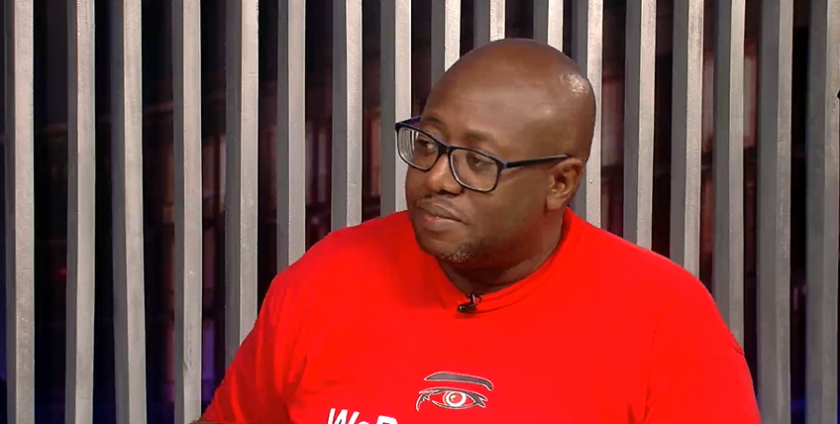The Director of Advocacy at the Centre for Democratic Development (CDD-Ghana), Dr. Emmanuel Kojo Asante, says the decision to focus on the Auditor-General’s powers of surcharge and disallowance is due to its importance in Ghana’s accountability architecture.
According to him, the Auditor General’s refusal to exercise his powers of surcharging and disallowance in his reports since 2019 is a matter of worry as it is encouraging impunity within state agencies and institutions.
Speaking on JoyNews’ PM Express, he noted that the Auditor General recommending the erring institutions to recover misused money is not the way to go.
“It was important for us to focus on this very important tool which kind of brings the whole accountability architecture together because the Auditor General has independence, and that independence ensures that if he makes that finding against an entity he doesn’t leave that entity to take the task of recovering that misuse or whatever.
“He has the tool outside of that entity to surcharge an individual who is responsible for that loss to the state. When that happens it ensures that people are held accountable,” he said.
He added that leaving the retrieval of misused funds etc to the erring institutions produces no desirable outcomes.
He explained that there has not been an established mechanism to track and ensure the retrieval of these misused funds by the agencies thus leading to uncollected funds from previous years being mentioned again in new reports.
“If you rely on the same offender to go and recover that money, if they don’t do it, there’s really no mechanism for tracking, following and making sure that that is done. And that’s why when you see the Auditor General’s report there’s a long list of recommendations that have not been implemented from the previous year. So there’s really no serious tracking.
“If anybody who has been involved in the private sector with auditing, that will be a serious matter if the next audit comes and you have not even dealt with it. So it’s a key component and it’s a deterrent effect.
“If you don’t apply it then people don’t think the next time that I have to be careful, I have to make sure I follow the rules otherwise I will pay from my pocket,” he said.
Latest Stories
-
Retired Air Force officer urges patience as Adansi helicopter crash black box undergoes analysis
1 minute -
PNP rejects temporary fund for air crash victims’ families, demands permanent welfare law
21 minutes -
Retired Air Force officer downplays severe weather as possible cause of helicopter crash
21 minutes -
Should we all be taking vitamin supplements?
29 minutes -
Austrian Ambassador visits Academic City to explore partnership opportunities
54 minutes -
Let’s not rush in selecting Murtala’s successor – Asiedu Nketia to NDC
56 minutes -
NAFCO commiserates with gov’t families of helicopter crash victims
58 minutes -
UK porn site traffic plunges as age verification rules take effect
1 hour -
GSE recorded 71% growth in shares traded in 2024; market capitalization hits GH₵111bn
1 hour -
Hearts of Oak to face Great Olympics in Democracy Cup on August 29
1 hour -
Creating without fear: Why young creatives need a future free from piracy
1 hour -
Kojo Choi recalls beating Ghanaian classmates in BECE Asante Twi
1 hour -
ACTG sympathizes with families of 8 persons killed in helicopter crash at Adansi
1 hour -
Brendan Wiredu scores first Plymouth goal in EFL Cup win over QPR
1 hour -
Insurance industry: Total investment assets declined slightly in 2024; life insurance dominates investment holdings
1 hour

